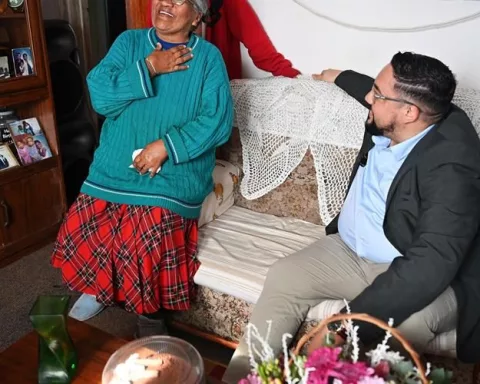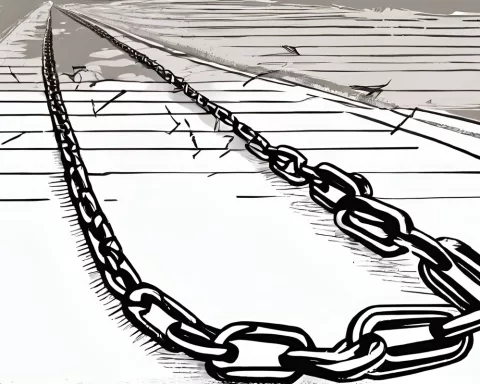Breathalyser devices, first introduced in the 1950s, have been a crucial tool in preventing drunk driving. However, the accuracy of these devices has come under scrutiny, especially after a viral video in 2019 captured a police officer testing over the limit on a breathalyser after eating a hot cross bun. While wrongful arrests or DUI convictions may be rare, understanding what can trigger a false positive and knowing your rights when stopped by the police can be crucial.
Culprits Behind False Positives
Several factors can contribute to a false positive on a breathalyser test, including:
-
Foods: Yeast-based breads, such as hot cross buns, can produce trace amounts of alcohol during the baking process. Other baked goods containing alcohol, ripe fruits, protein bars, energy drinks, and certain nuts can also yield positive results.
-
Personal hygiene: Using cologne, perfume, or breath freshening sprays can affect breathalyser accuracy since these products often contain alcohol as a preservative.
-
Medical conditions: Certain medical conditions, such as GERD, diabetes, hypoglycemia, and auto-brewery syndrome, can trigger false positives. Breathalysers cannot differentiate between various chemical substances, leading to inaccuracies in some cases.
-
Fumes: Inhaling paint, thinners, petrol, or similar chemicals can cause a positive test result.
-
Electronic interference: Handheld breathalysers can be affected by interference from radios, cellphones, or radar devices.
What to Do When Stopped by the Police
If you are stopped by law enforcement, following these steps can help you navigate the situation more effectively:
-
Identify the officers: SAPS and Metro Police officers must display their names clearly on their uniforms. If not visible, you may ask the officer to identify themselves.
-
Be cordial: Being polite and respectful can go a long way in interactions with the police.
-
Ensure your safety: If you feel unsafe, ask the officer to accompany you to the nearest police station.
-
Breath testing: A breathalyser test is typically administered only if the officer has reason to believe you are driving under the influence. This test should be part of a comprehensive field sobriety test. You may refuse the breathalyser and request a blood test instead. However, this will require going to a police station to open a docket and then to a hospital for the test.
-
Admissibility in court: Handheld breathalyser tests are not admissible in court. However, larger Dräger test units used by South African law enforcement can be used if calibration and technician certificates are provided at the time of testing.
While it is important to be aware of false positives and your rights when stopped by the police, it is crucial to remember that driving under the influence is dangerous. Refusing to take a breathalyser test may have legal consequences, and it is always safer to avoid driving after consuming alcohol. This article serves only as general information and should not be considered legal advice.








